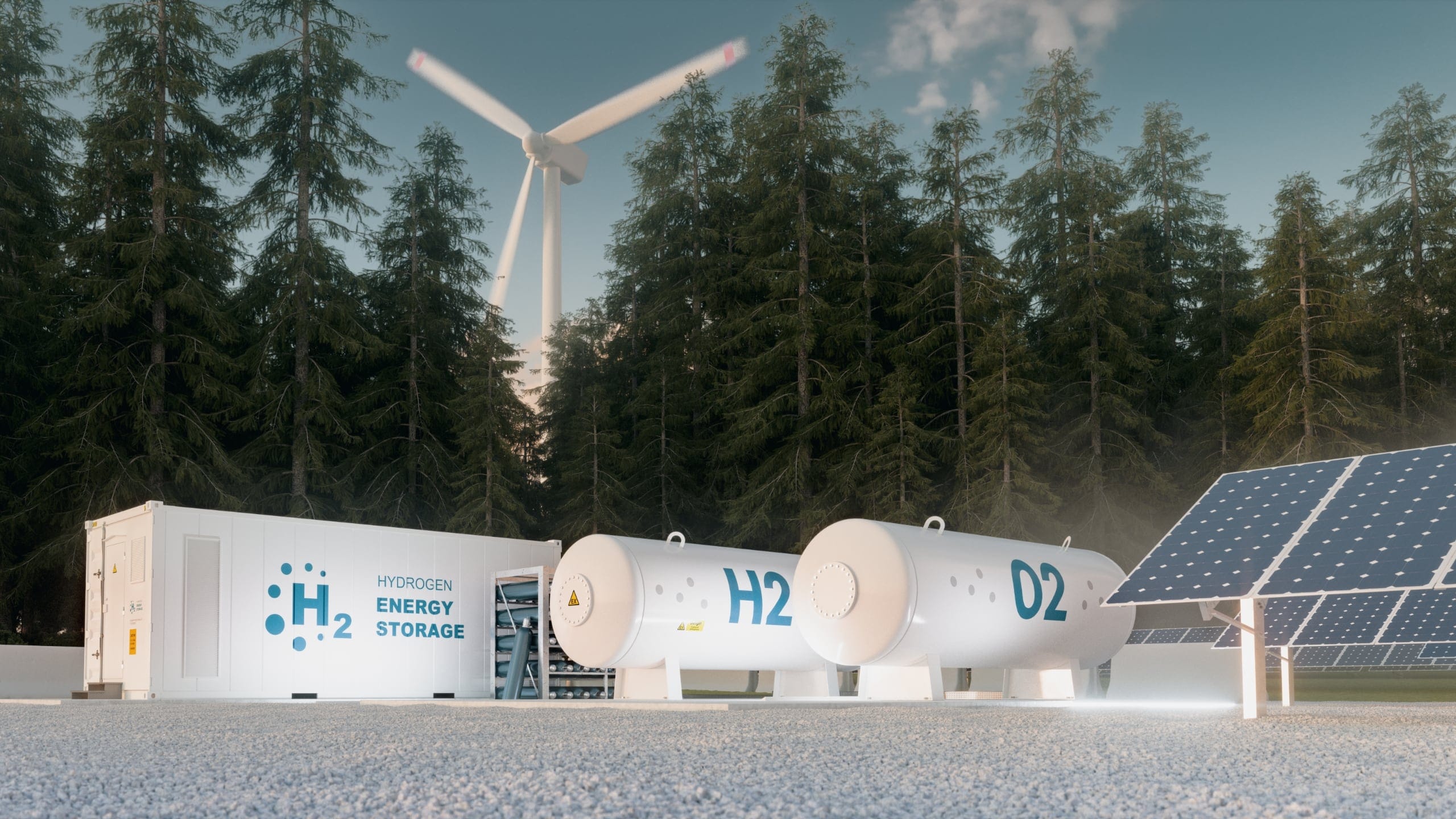NEWS & INSIGHTS | article
Cutting demand and reducing reliance on fossil fuels

While the debate over whether to grant new licences for oil and gas developments in the North Sea continues to dominate headlines, the major challenge lies in reducing reliance and demand for fossil fuels overall.
Developing the technology which will unlock the brakes on our clean energy industry is what will help us achieve our net zero targets. There is no underestimating the scale of the challenge.
The question over a presumption against oil and gas certainly has major implications for the supply side of the energy industry – as well as the economy of Aberdeen and the wider region – but the transition itself can only be brought about by increasing the reliability, affordability and accessibility of innovative clean technologies.
There are, of course, supply issues that do greatly impact clean energy, particularly in relation to the rollout of renewables.
The reality is that our existing energy infrastructure is simply not up to the task of supporting our climate targets.
Pathway to 2030
While the Pathway to 2030 strategy will help address some of these issues, it does not go far enough.
The current grid is neither flexible nor robust enough to meet the growing demand for renewable energy, and it is in urgent need of investment and upgrading.
Without such an investment, it will prove more difficult to roll out renewable energy with the scale and security required.
Yet, while such a change on the supply side is vital, it is only part of the solution. We also must tackle the demand for energy, and this is an area where we need a significant and sustained political will if we are going to make serious progress.
There has already been some success, particularly in relation to industry. The UK reduced emissions by 43 per cent between 1990 and 2021, despite our domestic energy demand staying almost flat over the same period.
This was partly a result of efficiencies, such as LED lights and lower energy appliances, which helped to reduce domestic consumption. But the fall in emissions was also largely a result of significant deindustrialisation in the UK over the same period, with energy demand from industry falling by almost a quarter since 2010 alone.
This means that, while there is still more that can be done, reducing demand from industry is not the shortcut to reaching net zero that many might assume.
In contrast, there is significant scope to reduce household demand, which is a major contributor to UK emissions.
Demand for energy from households
Indeed, unlike industry, demand for energy from households has remained relatively constant over the last three decades.
Household heating, for instance, accounts for the second-largest use of energy in the UK and is the largest component of gas consumption.
Both the UK and Scottish Governments have recognised the necessity of reducing household demand for energy.
Some of their policy proposals include offering subsidies or incentives to households for better insulation, new boilers and the installation of storage heaters, which all help make homes more energy efficient and drive down demand.
There are also grants available to support the installation of heat pumps or biomass boilers, which significantly reduce consumption.
The installation of solar panels is another clean energy source that governments offer subsidies for.
The problem is that these worthwhile subsidies and incentives have so far had little uptake.
Data released in April, for instance, suggested that fewer than 10,000 heat pumps had been installed as part of the UK Government’s subsidy scheme, despite £150 million being available to spend.
This is partly the result of a lack of skills and experience, meaning there are few businesses capable of installing household clean energy solutions, leading to extensive backlogs.
Amid long delays, many consumers simply give up trying to upgrade their heating with a cleaner option and revert to a conventional choice.
Upskilling and reskilling
The answer is to encourage upskilling and reskilling to increase the number of firms capable of installing energy-saving measures for households.
But many people are also simply unaware of the government support for household clean energy or how to access it.
In a recent Survation poll, commissioned by advisory firm True North, almost half (46 per cent) of homeowners in Scotland said they were unaware of government support to reduce the carbon footprint of their home.
That means millions of households in Scotland could be completely oblivious to the significant financial subsidies on offer, and it is vital more people are made aware of the support that the government has made available.
These are small changes and have little or no financial cost. Indeed, given government has already set aside funding to support these measures to reduce household demand for energy, ensuring public takeup is merely the logical next step.
As a society, we can make a significant stride towards reducing household demand for energy and meeting our net zero targets.
Subscribe for the latest updates





